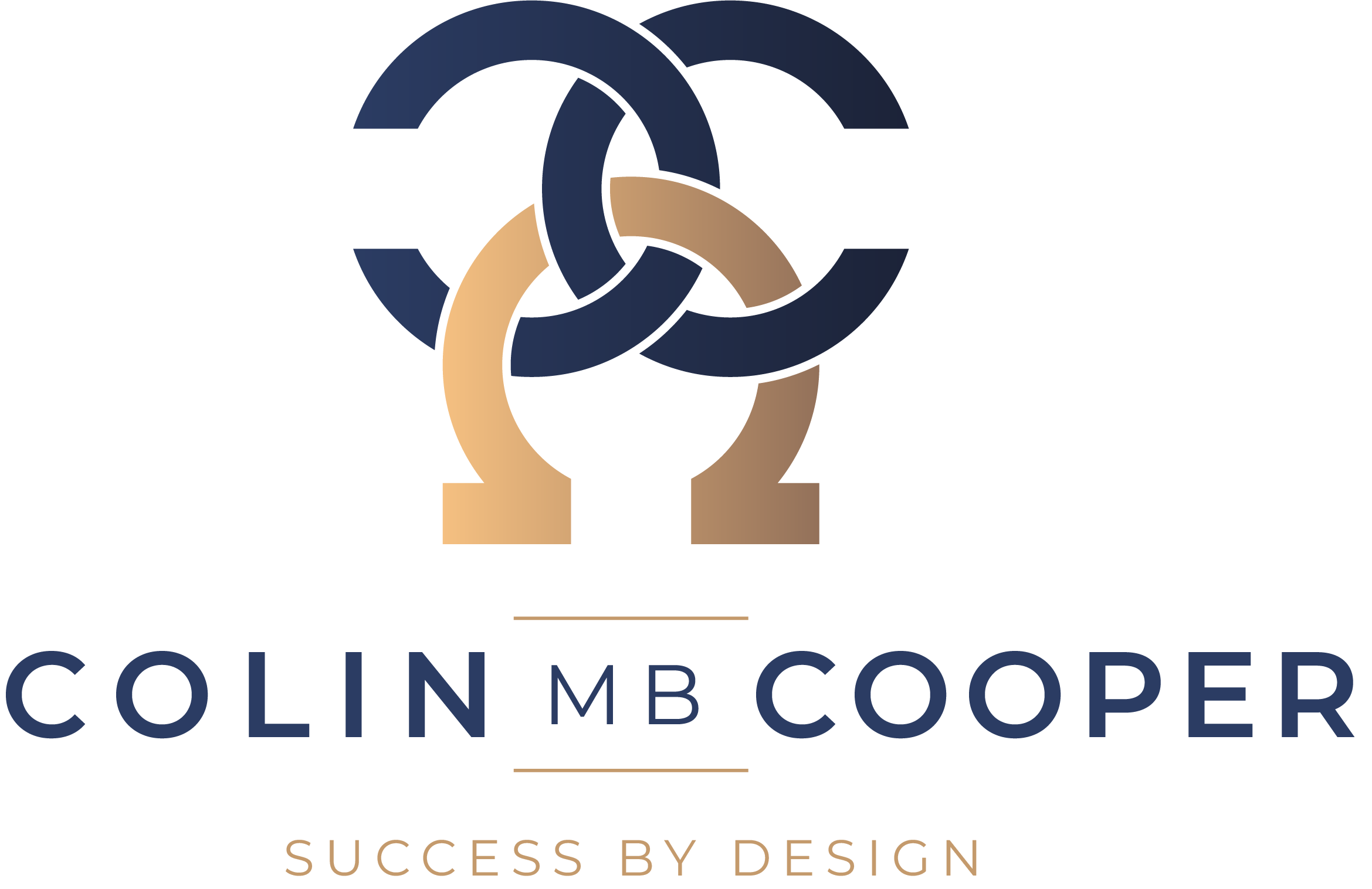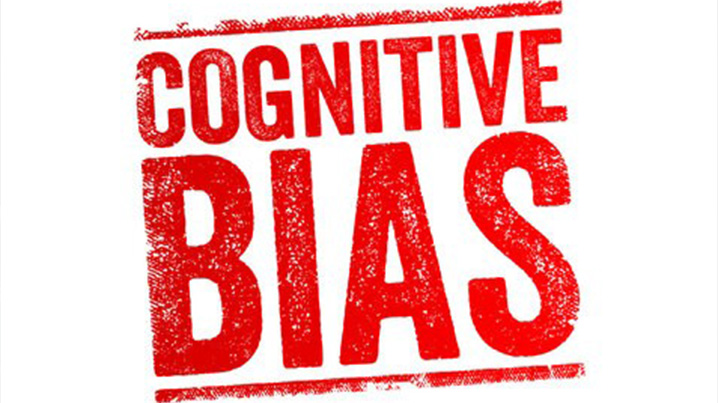Cognitive biases, the brain’s way of simplifying information processing, are engrained in our decision-making structure. Every individual, regardless of their background or expertise, is susceptible. They affect every sphere of our lives, from personal relationships to professional decisions. Interestingly, the sphere of business is not immune to the impacts of these biases. Businesses that understand and leverage these inherent cognitive biases can mould their strategies accordingly, converting potential stumbling blocks into stepping stones for success.
Demystifying Cognitive Biases
Cognitive biases are essentially mental shortcuts or heuristics that cause our decision-making process, memories, and perceptions to distort from the actual reality. The field of behavioural science has identified various cognitive biases that profoundly influence our decision-making abilities. Two eminent behavioural scientists, Amos Tversky and Daniel Kahneman, have been instrumental in defining many of these biases, such as:
Confirmation Bias:
This cognitive bias refers to our inclination to seek, interpret, and even recall information that confirms our pre-existing beliefs or hypotheses. For instance, in a business scenario, a CEO might lean towards data and information that supports their proposed business strategy, ignoring or downplaying conflicting evidence.
Anchoring Bias:
Anchoring bias is the cognitive bias where individuals rely heavily on the first piece of information they encounter (the ‘anchor’) when making decisions. This bias is particularly prevalent in sales and marketing, where salespeople set a high initial price, making any subsequent discounts seem more attractive to consumers.
Availability Heuristic:
This bias involves the tendency to overestimate the likelihood of events that have greater ‘availability’ in our memory. This can be influenced by the recency of the memories or the emotional resonance they carry. Brands often harness this cognitive bias by ensuring their products remain prominent and ‘available’ in the consumer’s consciousness through regular, impactful advertising.
The Two-Sided Coin of Cognitive Biases in Business
Cognitive biases can significantly shape business decisions, presenting both opportunities and risks. Untamed, these biases can lead to erroneous decision-making. For instance, a business might persist with a failing product or service due to the sunk cost fallacy, which involves continuing an endeavour because of the time and resources already invested.
On the flip side, when comprehended and managed effectively, cognitive biases can become powerful tools for understanding and predicting consumer behaviour. A classic example of this is Amazon’s ‘customers also bought’ feature, which capitalises on the bandwagon effect. This cognitive bias makes people believe something is desirable or correct simply because many others are doing it or think so.
Employing Cognitive Biases: A Deliberate Strategy
Our brain, a magnificent machine as it is, has evolved to make quick decisions based on patterns. This efficiency, however, sometimes leads to oversimplifications, errors in judgment or decisions not based on critical thinking.
Consider the last time you purchased a high-end smartphone. Was it because you genuinely needed its features, or were you influenced by the halo effect, where the reputation of the brand positively influences your perception of it and creates an incredible desire? Food for thought, don’t you think?
The Impact of Cognitive Biases on Business Decisions
Cognitive biases can be a double-edged sword for businesses. On one hand, they can lead to poor decisions, like investing in a product line, because of personal attachment (confirmation bias). On the other, they can help businesses predict consumer behaviour, which is where untapped growth potential lies.
Recognising and understanding cognitive biases can enable businesses to unearth unique market opportunities and align their strategies to capitalise on them. Neuromarketing provides a compelling approach to achieving this. As an interdisciplinary field, neuromarketing merges neuroscience, psychology, and marketing strategy to understand and capitalise on consumer behaviour better.
However, implementing strategies based on these biases must be done ethically to maintain consumer trust and safeguard brand reputation. Apple exemplifies this balance, successfully leveraging the halo effect to enhance its brand image. By ensuring high-quality offerings across a predominant product line (like the iPhone), Apple has positively influenced consumers’ perceptions of their other products, such as the MacBook laptop.
While at first glance, cognitive biases may appear to be inherent flaws in our decision-making system, they promise many opportunities for savvy businesses. Recognising and ethically harnessing these biases allows companies to devise strategies that resonate with their consumers’ natural tendencies. This approach can range from pricing strategies to advertising approaches and potentially is a game-changer, separating a business from its competitors. Ultimately, cognitive biases might just be the key to driving growth, innovation, and success in today’s intensely competitive business environment.
It’s time to ask yourself this: Is your business leveraging the power of cognitive biases to drive innovation? If the answer is no or you’re unsure, let’s change that. Feel free to reach out to me on LinkedIn or send me an email to continue the conversation.



